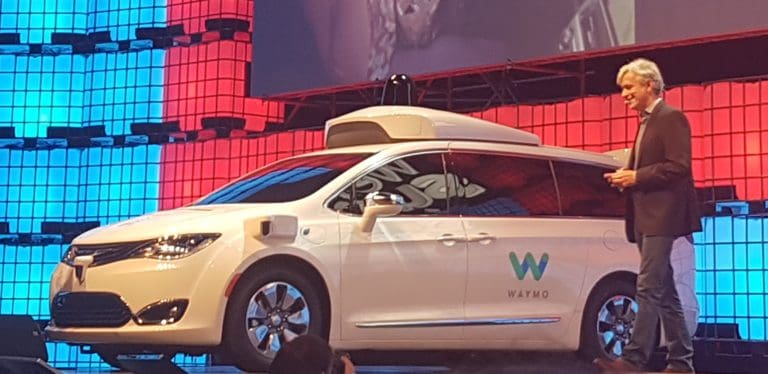Waymo, a subsidiary of Alphabet and sister company of Google, has started a partnership with Renault and Nissan to explore the launch of autonomous mobility services in the international market. The three companies will focus specifically on France and Japan, where Renault and Nissan have their headquarters.
At the time of the announcement, the three companies said that the collaboration is exclusive, but only for an “initial period”, writes Silicon Angle. This suggests that it is more of a pilot project than a long-term collaboration. However, this may change in the future.
Waymo, Renault and Nissan intend to launch the initiative to identify the various problems that need to be addressed in order to bring mobility services to the market. This includes, for example, relevant legal factors and challenges related to the commercialisation of the services. Renault and Nissan are setting up new companies in their home countries to support their joint activities.
The three companies also said that cooperation may be extended to other countries over time. China is a candidate.
Services
However, the companies did not disclose what services could be provided as part of the cooperation. Waymo, Nissan and Renault only announced that they were going to explore “all aspects of autonomous passenger mobility services and deliveries”. These deliveries may involve the use of Waymo’s autonomous lorries. The Google sister company has been testing self-propelled trucks since 2017 and has been using them since March to transport cargo to Google data centers.
The company also has an autonomous taxi service in Chandler, Arizona, which could potentially be extended to other countries with the help of the new partners.
Renault and Nissan, together with Mitsubishi, are members of the Renault-Nissan-Mitsubishi Alliance. It’s the world’s largest manufacturer of light vehicles. The three companies together produce about one in nine cars sold worldwide.
This news article was automatically translated from Dutch to give Techzine.eu a head start. All news articles after September 1, 2019 are written in native English and NOT translated. All our background stories are written in native English as well. For more information read our launch article.